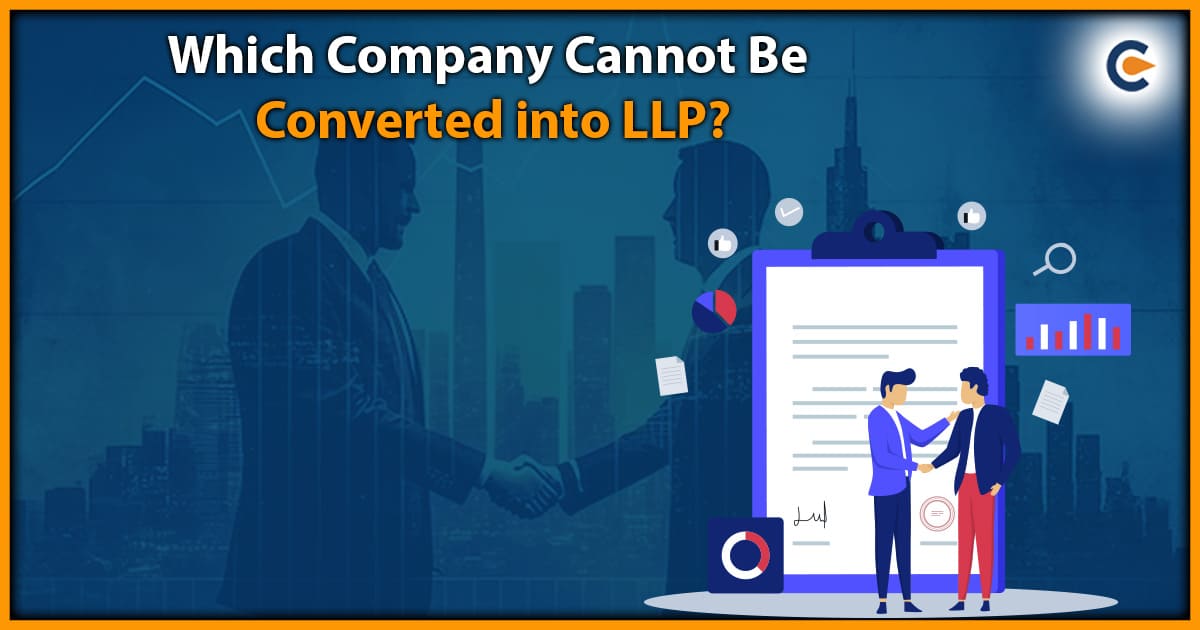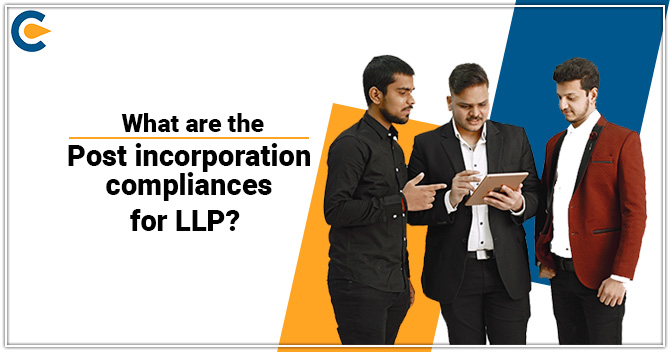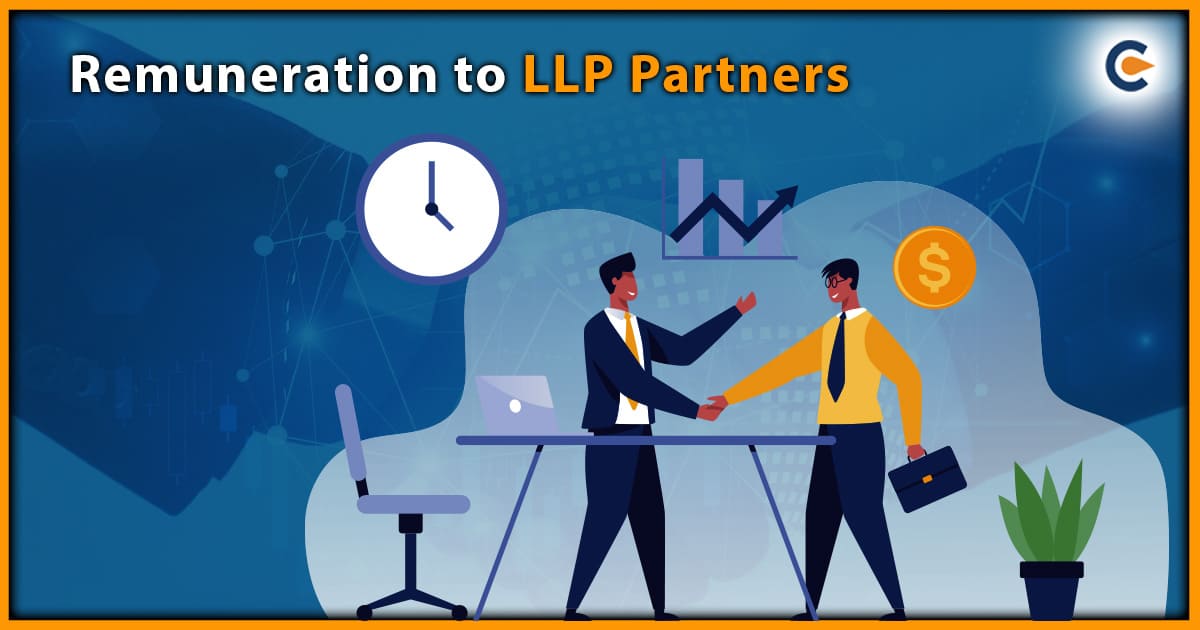When choosing the right business structure, entrepreneurs often decide whether to establish a company or a Limited Liability Partnership (LLP). Both structures have their advantages and disadvantages, and the decision ultimately depends on the specific needs and goals of the business. However, it’s important to note that not all companies can be converted into LLPs. This blog post will explore the factors determining which company cannot be converted into an LLP.
Understanding LLP:
Before delving into the limitations, let’s briefly understand an LLP. A Limited Liability Partnership is a hybrid business structure that combines a company’s and a partnership’s features. It offers the benefits of limited liability to its partners while allowing them to actively participate in business management.
Which Companies Can Be Converted into Llps?
Many companies can be converted into Limited Liability Partnerships (LLPs) under certain conditions. The conversion process varies based on the jurisdiction and the specific regulations governing business entities. Here are some common types of companies that can be converted into LLPs:
Private Limited Companies: Private limited companies, privately held and do not trade their shares publicly, can often be converted into LLPs. The process typically involves obtaining the necessary approvals from shareholders and complying with the jurisdiction’s legal requirements.
Partnership Firms: Traditional partnership firms, where partners have unlimited liability, can be converted into LLPs to provide the partners with limited liability protection. LLPs offer partners the advantage of limited personal liability while allowing them to actively participate in business management.
Sole Proprietorships: Sole proprietorships, where a single individual owns and operates the business, can be converted into LLPs. This conversion allows the proprietor to bring in partners and enjoy the benefits of limited liability while retaining the flexibility and simplicity of a sole proprietorship[1].
Limited Liability Companies (LLCs): In some jurisdictions, limited liability companies can be converted into LLPs. The conversion process may involve fulfilling specific legal requirements, such as obtaining consent from members and adhering to statutory procedures.
Cooperative Societies: Cooperative societies, which are formed for the mutual benefit of their members, can be converted into LLPs. The conversion enables the cooperative society to avail the advantages of limited liability while maintaining its cooperative structure and operations.
Professional Service Providers: Professionals, such as lawyers, accountants, architects, and consultants, who operate as companies can often convert their entities into LLPs. This allows them to maintain the advantages of limited liability while continuing to provide professional services.
It is important to note that the conversion process and eligibility criteria may vary based on each jurisdiction’s specific laws and regulations. Before proceeding with a conversion, seeking legal advice and consulting with professionals familiar with local business laws is advisable to ensure compliance and a smooth transition.
Additionally, it is essential to consider the implications of the conversion, such as tax obligations, licensing requirements, contractual obligations, and any necessary approvals from regulatory authorities or stakeholders.
Factors Determining Conversion Eligibility:
While many companies can be converted into LLPs, certain companies are not eligible for conversion due to legal and regulatory considerations. Here are the key factors that determine which companies cannot be converted into LLPs:
Public companies: Public limited companies, listed on stock exchanges and traded publicly, cannot be converted into LLPs. This restriction is in place to maintain transparency and protect the interests of shareholders.
Companies engaged in non-profit activities: Companies incorporated for non-profit activities, such as charitable organizations or foundations, cannot be converted into LLPs. Non-profit entities have specific legal structures and objectives different from those of a for-profit LLP.
Companies licensed under special regulations: Some companies operate under special regulations or licenses issued by regulatory authorities. These may include banks, insurance companies, financial institutions, or entities in highly regulated industries. Such companies generally cannot convert into LLPs due to their operations’ unique legal and compliance requirements.
Companies with unlimited liability: Companies with unlimited liability, where the liability of the members extends beyond their capital contribution, cannot be converted into LLPs. Limited liability is one of the primary benefits of an LLP, and it cannot be extended to companies with unlimited liability.
Companies under investigation or litigation: Companies under investigation or involved in ongoing litigation may face restrictions on conversion. These cases require legal clearance and resolution before any change in the business structure can be pursued.
Conversion Process of Companies Into LLP
The conversion process of a company into a Limited Liability Partnership (LLP) varies depending on the jurisdiction and the specific regulations governing business entities. However, I can provide you with a general outline of the steps involved in converting a company into an LLP:
Review the Legal Requirements: Review your jurisdiction’s relevant laws, regulations, and procedures. This includes examining the Companies Act, LLP Act, or other relevant legislation governing the conversion process.
Obtain Shareholder Approval: Typically, the conversion requires obtaining approval from the company’s shareholders. This may involve holding a general meeting where the conversion proposal is presented, discussed, and approved by the requisite majority of shareholders.
Draft and File Conversion Documents: Prepare the necessary conversion documents, which usually include the LLP Agreement, Statement of Conversion, and other prescribed forms. The LLP Agreement outlines the partners’ rights, duties, and obligations, while the Statement of Conversion provides details of the company being converted and its new LLP structure.
Obtain No Objection Certificate (NOC): In some jurisdictions, a No Objection Certificate (NOC) from regulatory authorities, creditors, or other stakeholders may be required. This certificate confirms their consent or non-objection to the conversion.
File Conversion Application: Submit the duly filled and signed conversion documents and the required fees to the appropriate government authority or Registrar of Companies. This application is typically made on specified forms, which may vary based on the jurisdiction.
Compliance and Documentation: Ensure compliance with any additional requirements outlined by the regulatory authorities, such as providing financial statements, auditor’s certificates, or other supporting documents. These requirements are intended to verify the financial health and compliance of the company being converted.
Obtain Approval and Certificate: Once the application and supporting documents are submitted, the Registrar of Companies will review the application. If everything is in order, they will issue a Certificate of Registration of the LLP, confirming the successful conversion.
Transfer Assets and Liabilities: After the conversion is approved, transfer the assets, liabilities, contracts, and other legal obligations of the company to the newly f`ormed LLP. This may involve executing agreements, obtaining third-party consent, and fulfilling legal or contractual requirements.
Update Registrations and Licenses: Update the registrations, licenses, permits, and other statutory compliances associated with the previous company to reflect the new LLP structure. Notify relevant authorities, banks, suppliers, and other stakeholders of the conversion.
It is important to note that this is a general overview, and the specific requirements and procedures may vary depending on the jurisdiction and the nature of the company being converted. It is advisable to consult with legal professionals or business advisors familiar with the local laws and regulations to ensure a smooth and compliant conversion process.
Conclusion
Choosing the right business structure is a crucial decision that impacts various aspects of a company’s operations, liability, and management. While many companies can be converted into Limited Liability Partnerships (LLPs), certain companies are not eligible for conversion due to legal and regulatory considerations. Public companies, non-profit organizations, companies with unlimited liability, companies under special regulations, and companies under investigation or litigation are among the entities that cannot be converted into LLPs. It is always advisable to seek professional advice and thoroughly understand the legal requirements and implications before deciding to convert a company into an LLP.
Read our Article:Is It Mandatory For An LLP To Have An Agreement Among The Partners?











